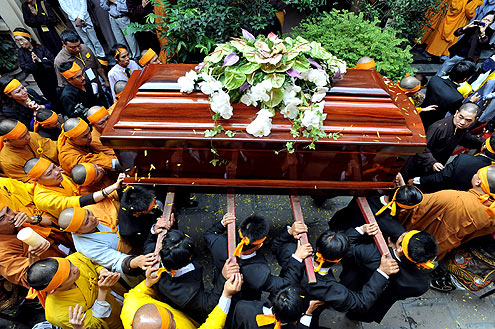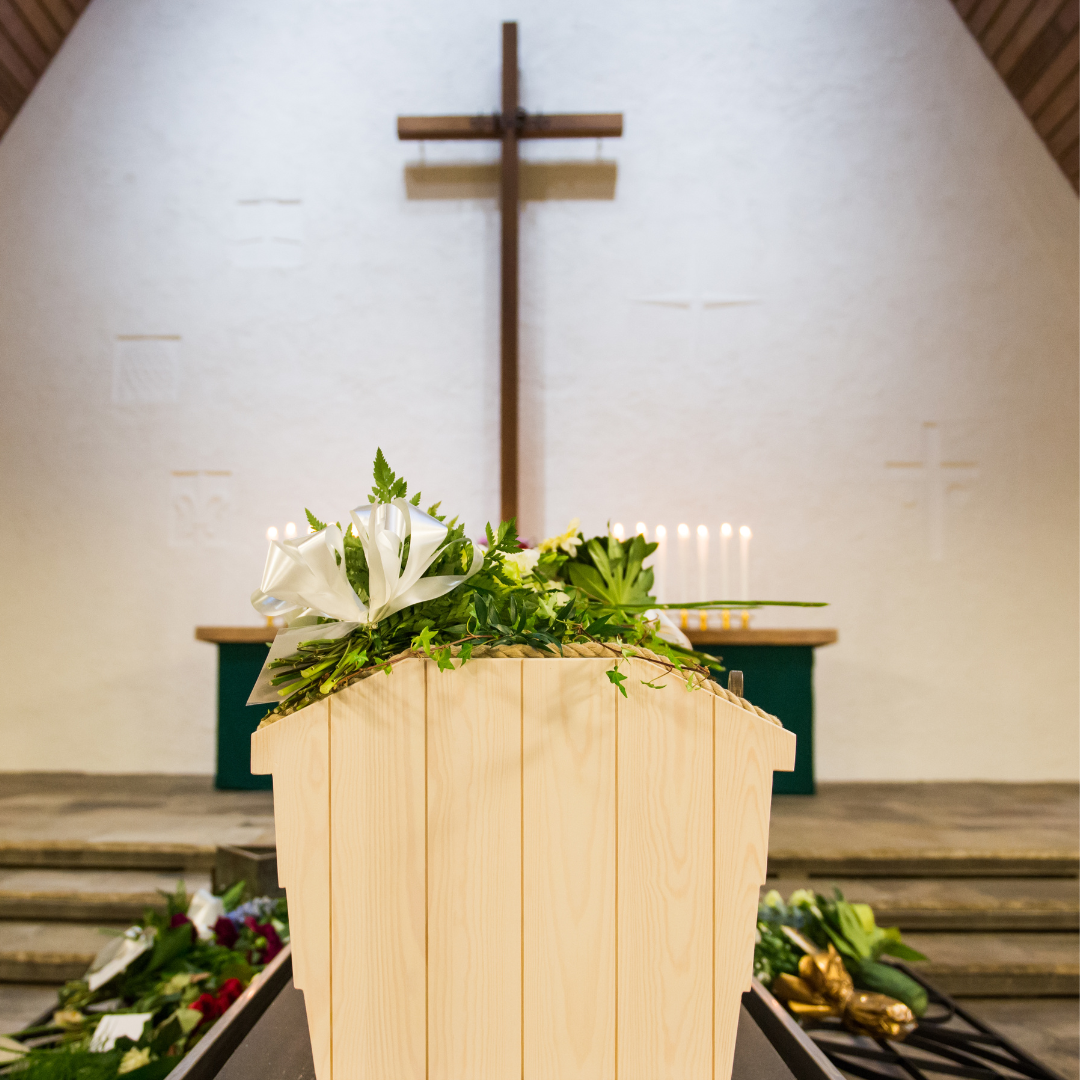In Islamic traditions, cleanliness is a cornerstone of faith, symbolizing both physical and spiritual purity. This principle is deeply integrated into funeral practices, where the deceased is treated with the utmost respect and care. Wudu, or ritual washing, is an essential part of this process. While it is commonly associated with daily prayers, its role in burial preparations carries profound significance. This blog delves into the steps, importance, and spiritual meaning of Wudu in Islamic funeral rites, particularly as part of the Ghusl (full body washing) process.
What Is Wudu in Islamic Cleansing Rituals?
Wudu, or ablution, is a ritual cleansing of specific body parts, performed by Muslims before prayer and other acts of worship. However, its inclusion in burial rituals represents a final act of care and devotion for the deceased.
As part of the Ghusl, Wudu ensures that the deceased is physically purified and spiritually prepared to meet Allah. This act demonstrates love, respect, and a profound sense of duty from those performing the rituals. For grieving family members, it is a moment of connection and faith, reminding them of life’s temporary nature and the eternal soul’s journey.
Steps of Wudu for Burial
Performing Wudu for the deceased follows similar steps to the ablution practiced in daily life but is done with greater sensitivity and care. Here’s a step-by-step guide:
- Begin with Niyyah (Intention):
Those performing the Wudu should have a clear and sincere intention to purify the deceased as part of the Ghusl process. - Wash the Hands (Three Times):
Begin by gently washing the deceased’s hands up to the wrists. - Rinse the Mouth and Nose:
Using minimal water, cleanse the mouth and nostrils carefully to maintain the dignity of the deceased. - Wash the Face (Three Times):
The entire face is washed thoroughly, ensuring every part is cleansed. - Wash the Arms to the Elbows (Right Arm First):
Cleanse each arm up to the elbows, starting with the right arm and then the left. - Wipe Over the Head and Ears:
Lightly wet the hands and pass them over the head and ears. - Wash the Feet:
Cleanse each foot, ensuring that water reaches between the toes.
These steps are performed with gentleness and respect, upholding the dignity of the deceased at all times.
The Importance of Wudu in Burial Practices
In Islam, cleanliness is an act of worship, a way to honor the body that served the soul during its earthly life. Wudu, as part of the funeral rites, is more than a physical cleansing—it is a spiritual preparation for the next phase of existence.
The act of Wudu underscores the belief in the Day of Judgment, where individuals are presented before Allah in a state of purity. It provides solace to the family, knowing their loved one is given the best possible care in accordance with Islamic teachings.
Spiritual Symbolism of Wudu
Wudu symbolizes the purification of the soul, reflecting the transition from the temporary world to the eternal afterlife. It serves as a reminder that every Muslim is ultimately a servant of Allah, returning to Him in purity and faith. This act of care is not only for the deceased but also for the living, offering comfort and a renewed sense of spiritual awareness.
Common Questions About Wudu for Buria
1. Is Wudu part of Ghusl or separate?
Wudu is an integral part of the Ghusl process, which is the full washing of the deceased’s body.
2. Can family members perform Wudu?
Yes, family members often perform Wudu and Ghusl for their loved ones, provided they follow Islamic guidelines. Generally, the ritual is performed by individuals of the same gender as the deceased.
3. What happens if Wudu cannot be performed?
In certain circumstances, such as if water is unavailable or there are medical considerations, Islamic scholars provide guidance on alternate practices, such as Tayammum (dry purification).
Wudu, as part of the Islamic funeral rites, is a sacred act that embodies both faith and love. It ensures that the deceased is presented before Allah in a state of purity and dignity, offering comfort to grieving families. By understanding and respecting these rituals, we honor the beauty and depth of Islamic traditions.
In these moments of profound reflection, Wudu serves as a reminder of life’s transient nature and the eternal bond between the soul and its Creator.





